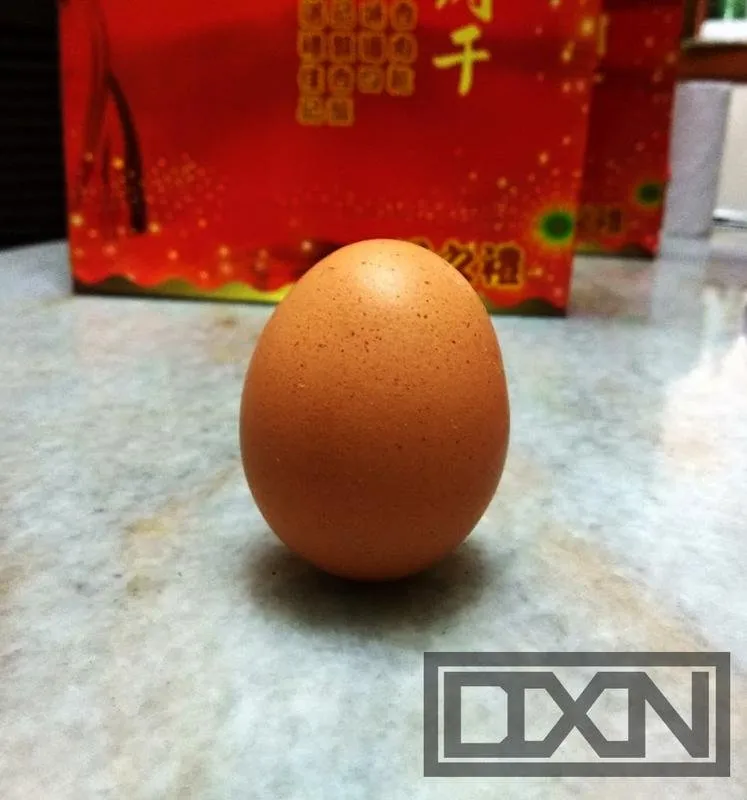The traditional East Asian lunisolar calendars divide a year into 24 solar terms. Lìchūn, Risshun, Ipchun, or Lập xuân is the 1st solar term. It begins when the Sun reaches the celestial longitude of 315° and ends when it reaches the longitude of 330°. It more often refers in particular to the day when the Sun is exactly at the celestial longitude of 315°. In the Gregorian calendar, it usually begins around February 4 and ends around February 18 (February 19 East Asia time). It's also the beginning of a Sexagenary cycle.
Source : Wikipedia
立春, Lìchūn - in short means the first day of Spring in the Lunisolar calender. I used to think the first day of spring in Chinese culture is the Chinese New Year, but apparently that is based on the Lunar calender, which is slightly different (hence the term Lunar New Year). In fact, in some years a Chinese Lunar year might not even have a Lichun day in it because they are not synchronized.
In Malaysia and Singapore, some would deposit money into the bank on this day in hopes that it will bring them wealth and fortune for the rest of the year.
Anyway, the phrase 立春 can also be transliterated as 立 - standing and 春 - egg, which lead to a somewhat odd tradition on that day where people try to balance eggs to stand on their own. This in turn started the myth that it is easier to perform the feat on this day because of some pseudo-physics mumbo-jumbo about the gravitational force between the sun and earth is in perfect equilibrium to make an egg stand blah blah blah.
So earlier today I picked an egg out the fridge and made it stand on the table, just to see if I can.

Next challenge - balance an egg while driving!! (no just kidding)
Just for the record, you can make an egg stand on any day of they year. You can also deposit money in the bank any day of the year and make a bit of money.
